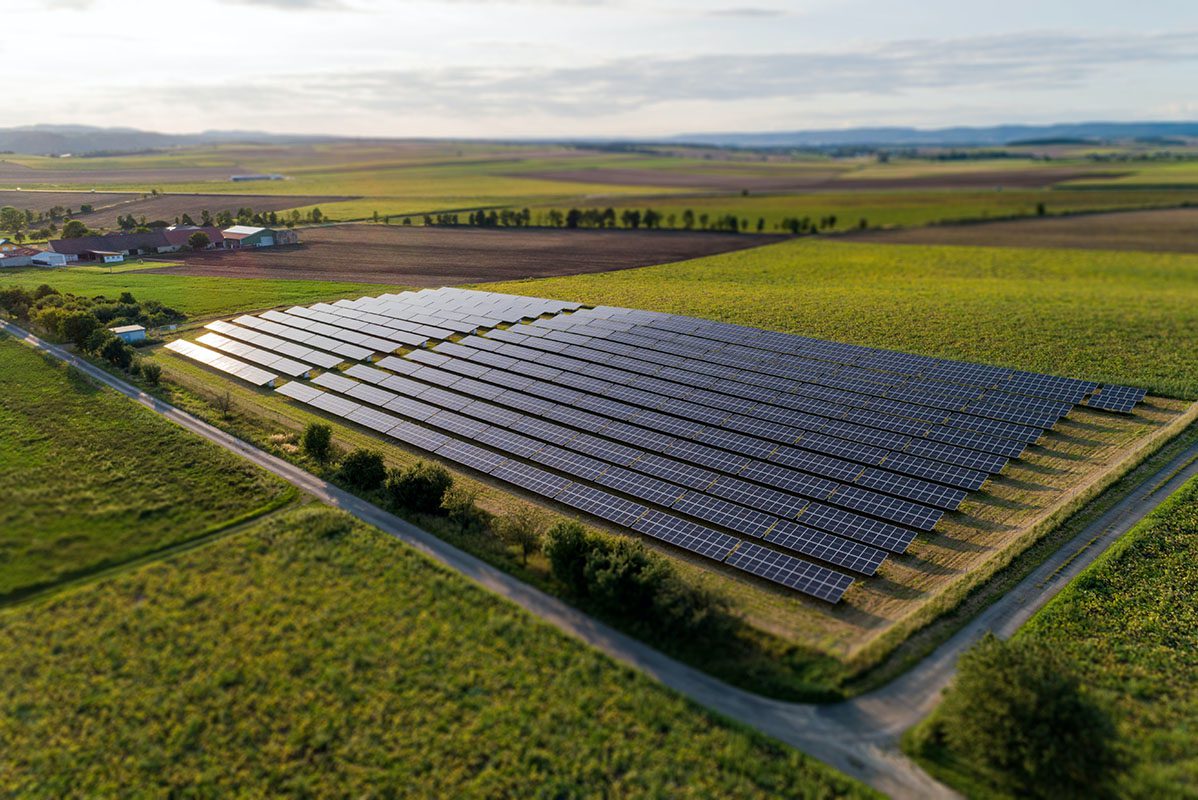The International Solar Alliance (ISA) – an international energy union working to make solar energy accessible to all – is advocating for more investments in solar energy projects. The alliance’s Director General, Dr. Ajay Mathur, argues that even if the solar energy supply quadruples by 2030, it still would not be sufficient for a global low-carbon path that aims for net zero by 2050.
“Given the low baseline of today and the ambitious targets for the future, the world holds humongous market potential for clean energy solutions, especially solar energy. Today, installed solar capacity stands at around 800 gigawatts (GW). The International Solar Alliance (ISA) along with Bloomberg have estimated that even if the capacity were quadrupled to 3.2 terawatts cumulatively by 2030, it would not be a fast enough growth to put the world on a path to net-zero CO2 emissions by 2050,” the Director General penned in a recent public letter.
This determination is akin to arguments put forward by Guyana’s Vice President Dr. Bharrat Jagdeo. The senior government official has stated that renewable energy is not enough on its own as a baseload. He linked this to the challenges with the reliability of power. Dr Jagdeo also argued that there is no path to net-zero without using natural gas as a transition fuel. Guyana intends to use its resources to achieve that transition with a 300MW gas-to-energy project.
Meanwhile, the Director General went on to note that solar power has reached cost parity in many parts of the world and the ISA is working towards making solar power a political priority for nations and leaders across the world.
“Since its establishment in 2015, ISA is scaling up efforts to implement its existing pipeline for solar projects, share knowledge, and build capacity across the solar value chain,” Dr. Mathur said.
Guyana aims for 39MW of accumulated solar capacity in the next 3 years | OilNOW
These efforts are especially focused on the Least Developed Countries (LDCs) and Small Island Developing States (SIDS) so that they can act as a trigger for technology advancement and policy change, and also help create financial and human capacity.
The ISA recently hosted its Fourth Regional Meeting of the Latin American and Caribbean Region in Guyana.



